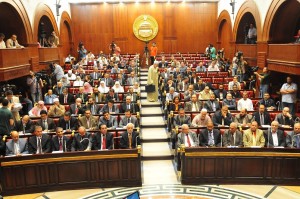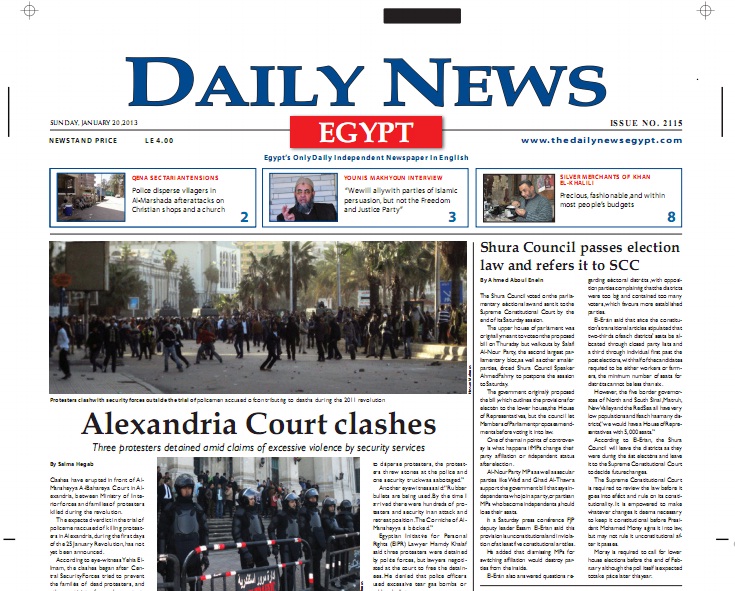It has been reported that US officials see the continued political instability that has prevented the formation of a Libyan national unity government strong enough to accommodate foreign military training as a principal hindrance to more directly address the threat of the Islamic State (IS) in Libya.
The Pentagon expressed concern in the past week about the spread of IS forces in Libya after the extra-state militants have repeatedly attacked the Mediterranean country’s oil infrastructure.
Anonymous officials told Reuters that the White House and security advisors discussed possible military intervention in Libya. However, the meeting did not yield any definitive action plans.
US military operation is likely to take the form of increased air strikes, the deployment of US special operations forces, and the training Libyan security forces, according to officials.
Discussions to form a national unity government within the framework established by the UN remain ongoing after the Tobruk parliament refused the first proposal this past week.
Tobruk parliament MPs told local media that they rejected the suggested government because it contains too many ministers, which is financially unsustainable while Libya is going through an economic crisis.
Since 2014, Libya has witnessed a conflict between two parliaments and two governments. Each party is supported by several militias on the ground.
During a meeting of 23 countries in Rome to review anti-terrorism plans last Tuesday, US Secretary of State John Kerry said that IS has been pushed back in Syria and Iraq, but remains a threat in Libya.
IS has made significant gains in Libya, coming to control three Libyan cities: Derna, Sirte, and Subratha. Recent clashes between the Libyan Army of the Tobruk government and IS have played out against the backdrop of Libya’s oil facilities in Al-Sedra and Ras Lanuf, a crucial revenue source for the political factions vying for control of the country. In January, IS seized the city of Beni Jawad, near Al Sedra and Ras Lanuf.
Political analyst Youssef Cherif told Daily News Egypt that the west knows air raid will not resolve the situation, and that they will need to deploy ground troops.
“The west is not ready to send troops and lose soldiers, and besides, the Libyans are not really in favour of welcoming foreign troops”, Cherif said.
He added that the west does not have reliable allies on the ground in Libya. “Even Haftar’s forces, those most committed to fight the Islamists, are divided.”
Cherif expects the west to begin military intervention with a minor air campaign, while it continues to try to arrange a stronger, more unified Libyan army. Cherif also suggested that the US would welcome a situation in which Egypt and Algeria accepted to send troops to Libya.


